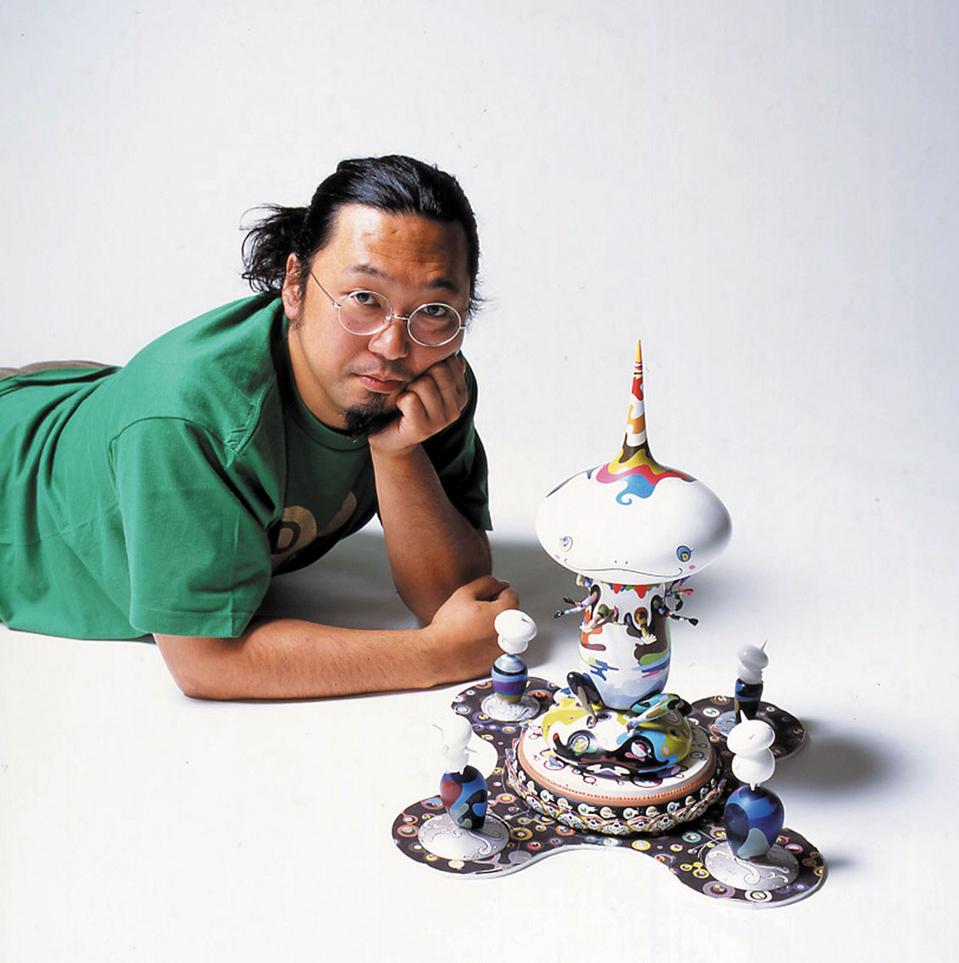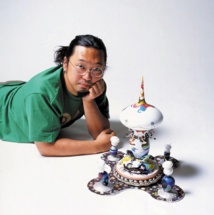The author spoke of his own memories of the wall that divided East from West Germany and attributed ongoing conflicts throughout the world -- including protests in Hong Kong and violence in Gaza -- to a system of walls that drive people apart, Kyodo News agency reported.
"I'd like to send this message to the young people in Hong Kong who are struggling against their wall right now at this moment," he was quoted as saying.
Murakami, one of Japan's best known writers who has repeatedly been tipped as a future Nobel Literature laureate, said it was the task of novelists to help readers pass through these walls, and that harnessing the power of each person's imagination "could be the starting point of something".
"We can see (a world without walls) with our own eyes -- we can even touch it with our own hands if we try hard."
Beijing has been left grappling with one of the biggest challenges to its control over the semi-autonomous city at a time when the Communist Party is cracking down hard on dissent on the mainland.
The demonstrations, the worst civil unrest Hong Kong has experienced since its 1997 handover from British rule, were sparked by Beijing's decision in August to restrict who can stand for the city's top post.
Publicity-shy Murakami, 65, is the first Japanese author to win the Berlin-based prize since it was established in 1999, reports said.
When he received the 2009 Jerusalem Prize, Israel's highest literary honour for foreign writers, he obliquely criticised authoritarian systems in the Middle East for claiming the lives of innocent civilians.
In an interview published earlier this month, he also chided his own country for shirking responsibility for its World War II aggression and the Fukushima nuclear disaster.
Murakami's latest novel "Colorless Tsukuru Tazaki and His Years of Pilgrimage" was released in Europe and the United States earlier this year.
---------------------------------------------------------------------------------------------------------------------------
"I'd like to send this message to the young people in Hong Kong who are struggling against their wall right now at this moment," he was quoted as saying.
Murakami, one of Japan's best known writers who has repeatedly been tipped as a future Nobel Literature laureate, said it was the task of novelists to help readers pass through these walls, and that harnessing the power of each person's imagination "could be the starting point of something".
"We can see (a world without walls) with our own eyes -- we can even touch it with our own hands if we try hard."
Beijing has been left grappling with one of the biggest challenges to its control over the semi-autonomous city at a time when the Communist Party is cracking down hard on dissent on the mainland.
The demonstrations, the worst civil unrest Hong Kong has experienced since its 1997 handover from British rule, were sparked by Beijing's decision in August to restrict who can stand for the city's top post.
Publicity-shy Murakami, 65, is the first Japanese author to win the Berlin-based prize since it was established in 1999, reports said.
When he received the 2009 Jerusalem Prize, Israel's highest literary honour for foreign writers, he obliquely criticised authoritarian systems in the Middle East for claiming the lives of innocent civilians.
In an interview published earlier this month, he also chided his own country for shirking responsibility for its World War II aggression and the Fukushima nuclear disaster.
Murakami's latest novel "Colorless Tsukuru Tazaki and His Years of Pilgrimage" was released in Europe and the United States earlier this year.
---------------------------------------------------------------------------------------------------------------------------









 Home
Home Politics
Politics











